Thank you for the advice! I have some green tea lying around at home somewhere, it's been literal years since I last had it lol. It's definitely time.
I guess we could make one using newer FHE-RAM techniques and some edge case handling.
It's been my 11th week in a row working out for 1 hour or more at least 4 days a week, as well as my 10th week doing at least half an hour of French and German lessons every day. 3rd week in a row studying medical literature at least 2 hours a day Monday to Saturday.
My plan for October is to engage in party activities for an ongoing campaign, as well as try to consolidate my studying routine. In November, I will reduce workout time to 3 days per week, and not go much over an hour each day (currently I spend about 1.5 - 2 hours), so I can focus more on medical literature and improve fast on that front.
So far off drugs (except caffeine and some alcohol) for 3 months, psychologically stable (I think?). Will quit coffee starting in February, or sooner if I become unstable again before that.
Cool! Is that your own conlang?
Rare FT "China good" moment /s
Or so it would be if people wouldn't personally relate to billionaires for some reason.
No side wants to give you affordable healthcare and housing. If they say they want to do it, but then do absolutely nothing in that general direction, they don't want to do it.
Yeah when your country is bombed and deprived of food for months you just need to quickly un-bear all of your children and problem solved!
Seriously though, some people really think they can find an explanation to make everyone deserve their problems. As if the physical world literally didn't exist and those problems had no correlation outside the individual's soul or whatever.
"B- but I wanted to start a business and become rich"
"Start farming!!"
It's like the meme but true lol.
We know, tho <3 Congrats!
Potato and tomato were native to the American continent.
Palestine has attacked territory that was assigned to Palestine by the UN in 1947. The UN also makes it very clear that a country may lawfully recover occupied territory "by any means, including armed force". UN laws are thus very clear: Ukraine and Palestine can recover territories by force. Now, that doesn't mean you should support them in their struggle to do so, but if you don't, it must be for some other reason (e.g., Israel taking over would constitute a huge strategic gain for the US, while Russia taking over would destabilize the world and thus benefit small or weakly aligned players).
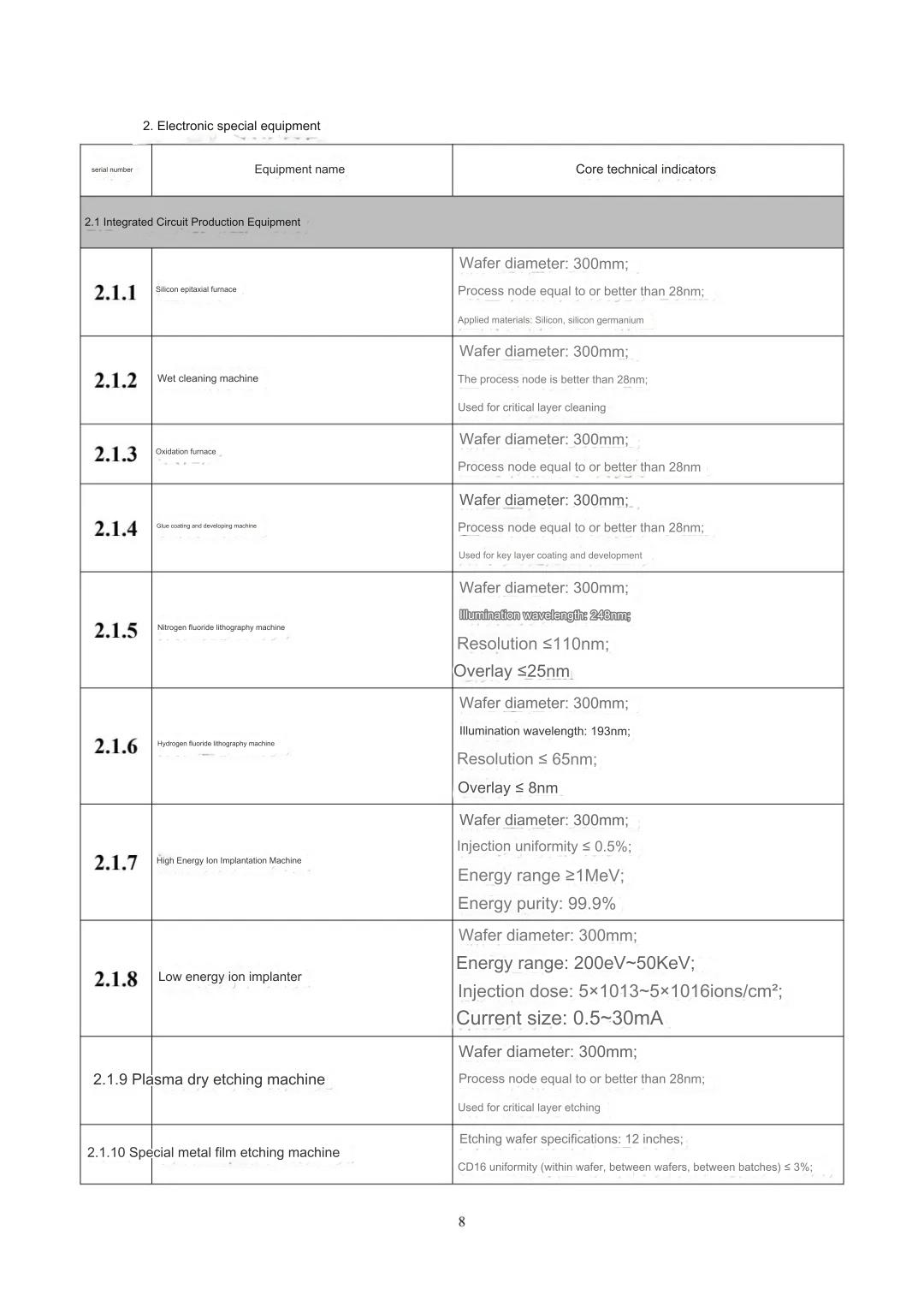
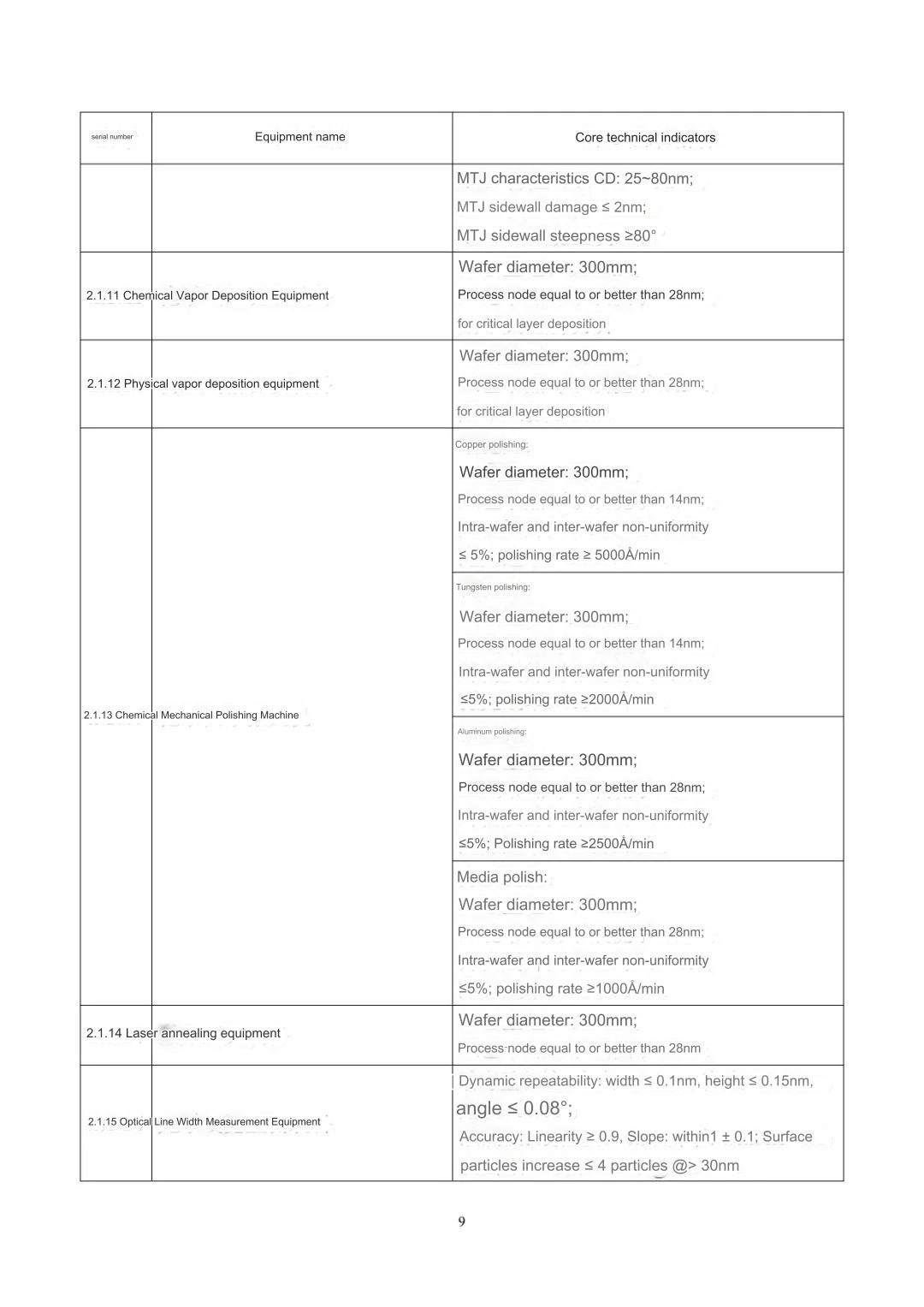
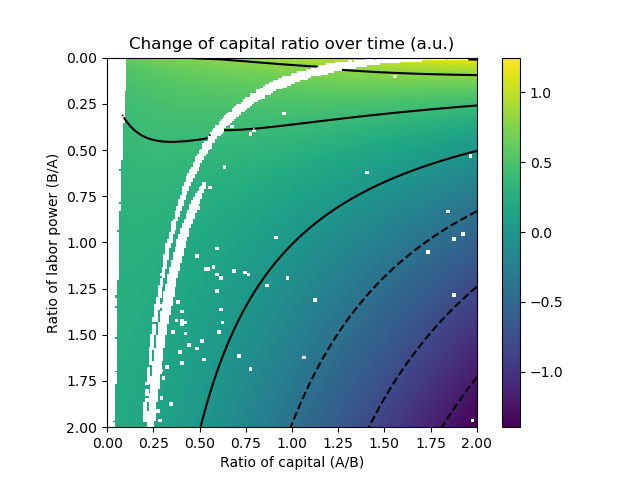
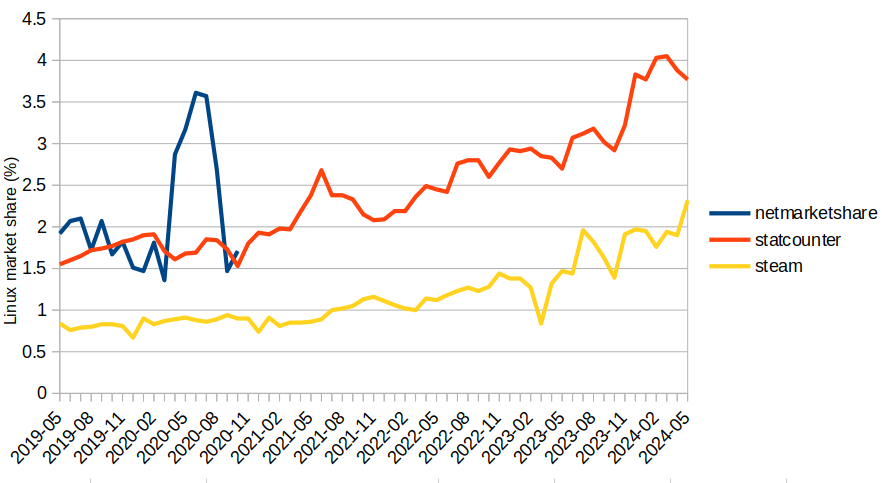
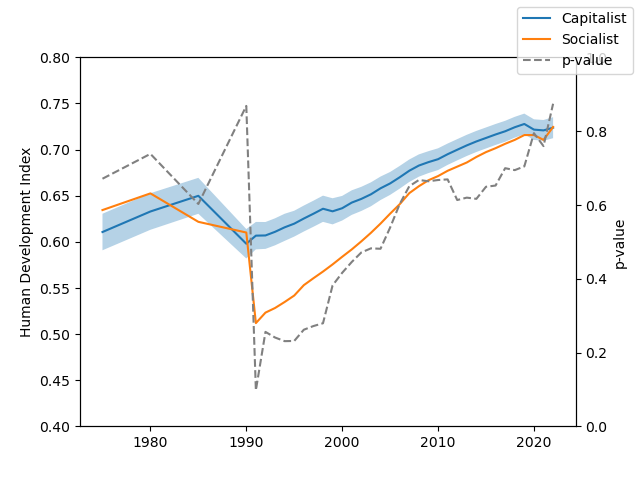
From what I recall, register is ignored by modern compilers (it used to mean that you wanted the variable stored inside CPU registers, but nowadays compilers are smarter and know when to do that). Meanwhile, static is basically a global variable that has the scope of a local variable, while extern is a global variable that you want to explicitly tell the compiler it's defined in a different compilation unit.